The big pwhoar-oh
Museum clothing, He Man, and a Keith Flint hair style – the themes and assumptions of turning 40
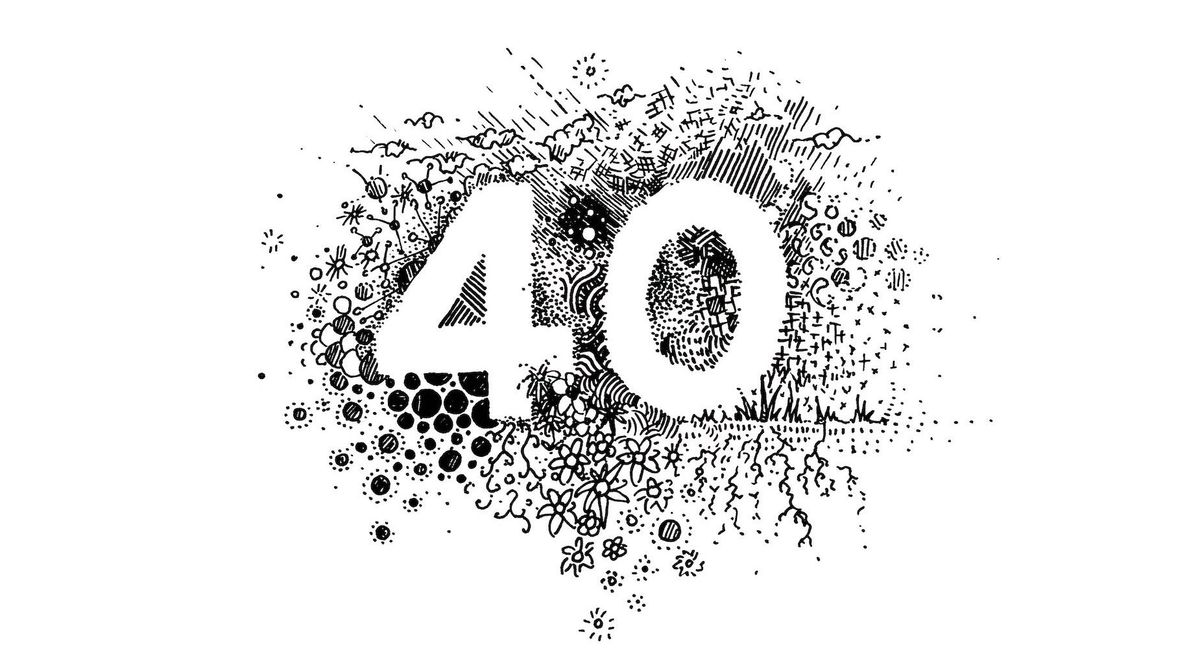
Have you ever turned forty? My answer to that question always used to be “no”, but now it’s generally going to be “yes”. Forty is considered one of those special age markers, like:
- 10 (double figures!)
- 21 (you’re an adult, kind of!)
- 30 (you’re a grown-up, kind of!)
- 65 (you can stop working now, if you want!)
- 80 or 90 (“good innings!” – we seem unable to offer anything but cricket metaphors)
- 100 (wow, you’re still alive!)
I like to think of this idea of forty as just a number – yet it’s a marker that inevitably comes with some assumptions and themes. Here are some I’ve noticed, both in the lead up to the moment and the underwhelming aftermath.
People always ask if you feel different on your birthday – but at forty, people actually expect it to be true.
They might assume you’ll wheeze when you bend to pick something up, or that you might be contemplating retirement. You’ve pushed past the point where you can reasonably claim to be a “young” person, and now teeter on the boundary of what many will assume is an early onset “old” person. But I have it on good authority that life expectancy these days can extend way beyond forty.
Technicians of your body architecture now have considerably lower expectations.
The optometrist, for example, looks at my birthday and says, “Your eye muscles start to degrade after 40,” urging me to accept the glasses rather than fight it. The physiotherapist points out that I should expect to recover more slowly from a muscle tear. The dentist blithely points out some irrecoverable gum decline, which in turn will lead to inevitable tooth damage. Underneath all these casual observations is this assumption that I should just give in to this gradual degradation at the very beginning of what – statistically – may be an identifiable trend of decline. There’s not a lot of proactivity or positive thinking in it. It feels like there’s little or no push for me to work even harder at getting stronger, to bolster myself against some natural wear. I find this collective undercurrent of age doom unfortunate, but I do not share the philosophy. I just take it as a challenge.
If you are follicularly unfortunate, by 40 you only get to choose from two hair styles.
The first is shaved or clipped very short: essentially the no-hair style. The second depends on the pattern of follicular decline. For me, that second default option can be divided into the following two substyles:
- “Monk” – think Friar Tuck, with fluffs of curls cresting either side with a bare strip down the centre; or
- “The Keith Flint” – little spiky twin mohawks, on either side of the head; unfortunately there was only ever one person who could pull off the Keith Flint

I do have one more thing to say about this quandary/topic. As a child, my hair grew fast and thick, and every hairdresser I ever went to would attempt to brush it, resort to thinning it heavily, and then comment: “Such thick hair! You’ll never go bald!” It has transpired that there was no scientific basis to this prophetic small talk.
You start not to recognise yourself in (or identify with) the age brackets of competitive events.
I may be taking part in a taekwondo tournament later this year, and I was looking at what age/weight class I might fall into. Turns out I’m in the 36-45 year old “advanced senior” age bracket (there are two more after that, so room to move!) and the “light-heavy” weight class. And not a black belt (blue), so “coloured belt”. So I guess I’ll be in the coloured-belt-advanced-senior-light-heavy class, a category so specific perhaps the sample size will be tiny, or maybe even only one person?
You have to work (harder) against the fossilisation of your opinions.
I feel like the advancement of age can (unfortunately) compel people who might once have been open to debate and new ideas start to settle back on their opinions, often permanently. It’s easier, I guess, to file your opinion on a subject and lock it in a vault, rather than having to take it out of the vault and re-examine it, maybe edit it, or even throw it out and replace it, if new information comes along. Re-evaluating your opinion policy, like examining an updated insurance document, is work. But I think you need to at least open the door to your opinion vaults from time to time. Things change. New knowledge enters the game. People ask new questions and resurrect interesting, unresolved old ones. Your assumptions are always worth another pass.
Your clothes probably now belong in a museum.
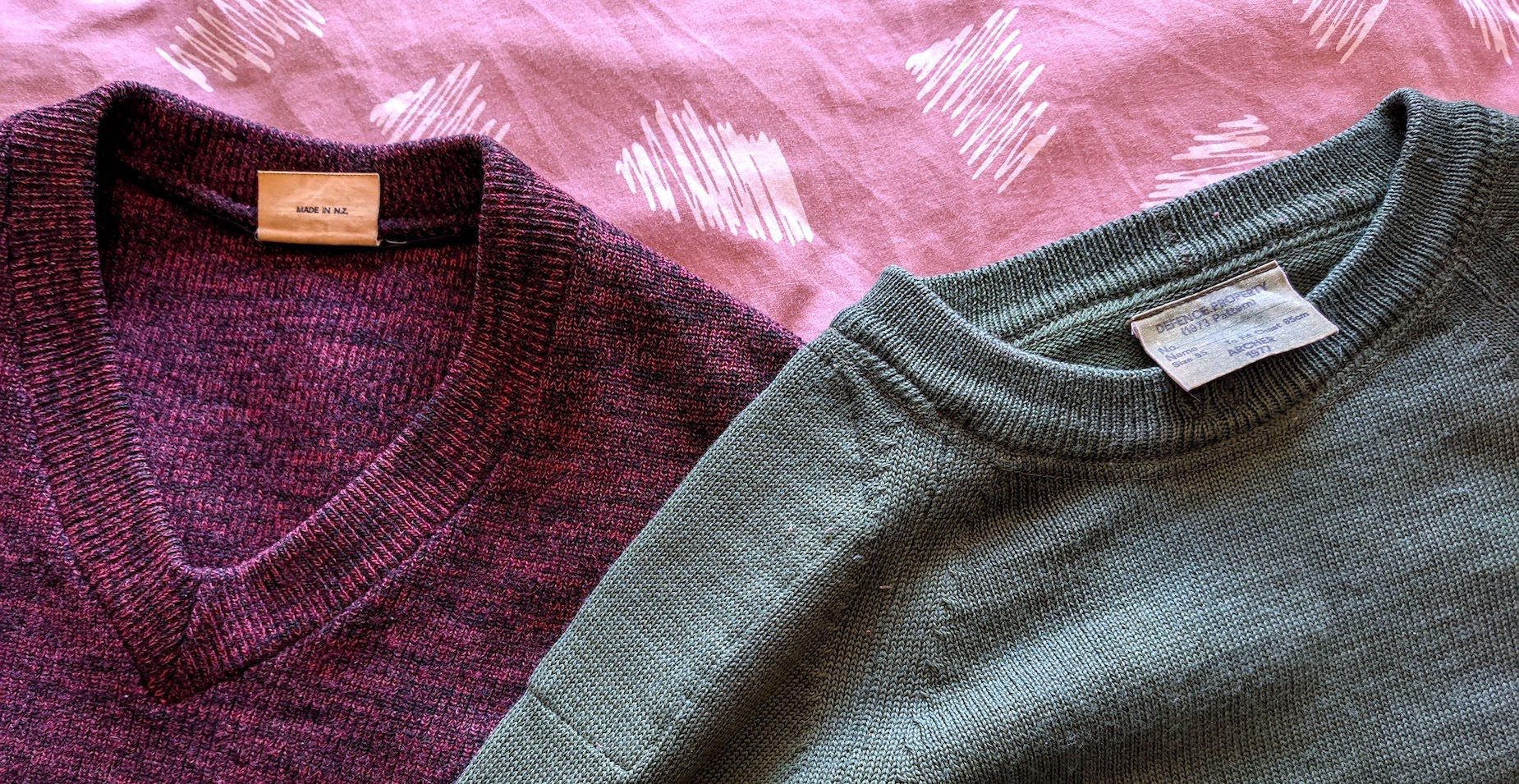
I’ve always been an avid op shopper, even though:
- I’ve seldom found a pair of pants which fit me
- I frequently get distracted by the book section, even though it mostly comprises Dan Brown novels and microwave cookbooks
- It’s generally only shirts and jerseys on offer, for me
I have lots of vintage jerseys which are showing signs of wear and tatter, and this is to be expected: I was in my twenties when I acquired them, and they were already twenty or so years old, so these jerseys are now pushing past forty themselves. I’ve looked after them, but fabric doesn’t last forever.
Vic won’t be sad. She dislikes my two oldest favourites: a thick purple V-neck of indeterminable age (but from an era when things were generally made in New Zealand); and a standard defence-force issue woollen jersey from 1977.
Your pop-culture references are no longer universally understood. Because they’re now somewhat dated. Like you.
I got really excited about the recent Netflix Masters of the Universe reboot, but didn’t have too many people to share this excitement with. I tried Twitter, but although I sent my tweet out into the algorithmically regulated digital abyss, I heard nothing back. Probably because I only have 124 followers, most of whom won’t see my tweet. And the small number who saw it are unlikely to care. Because what the hell is Masters of the Universe anyway? Perhaps none of them owned or coveted the Castle Greyskull set – replete with trap door – as kids.
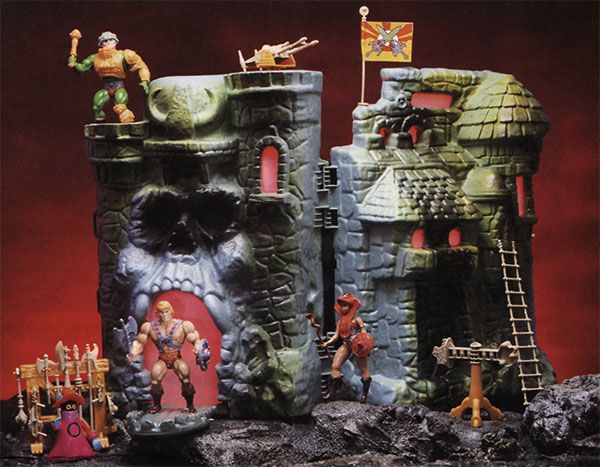
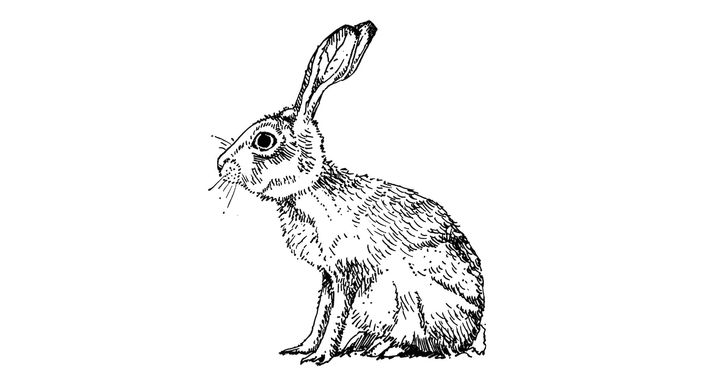
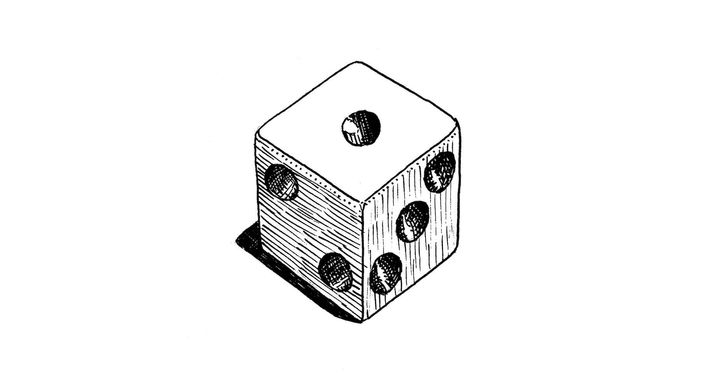
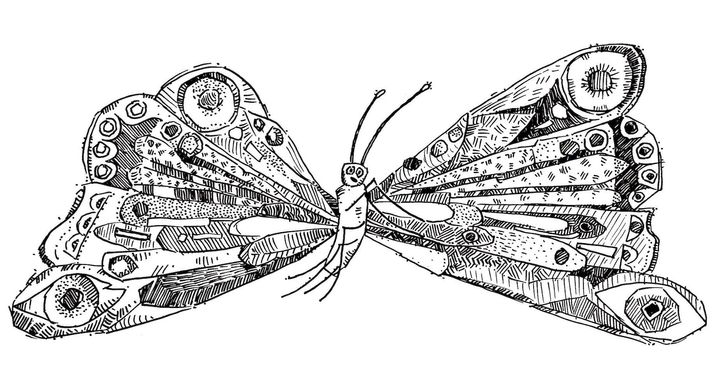
Comments ()